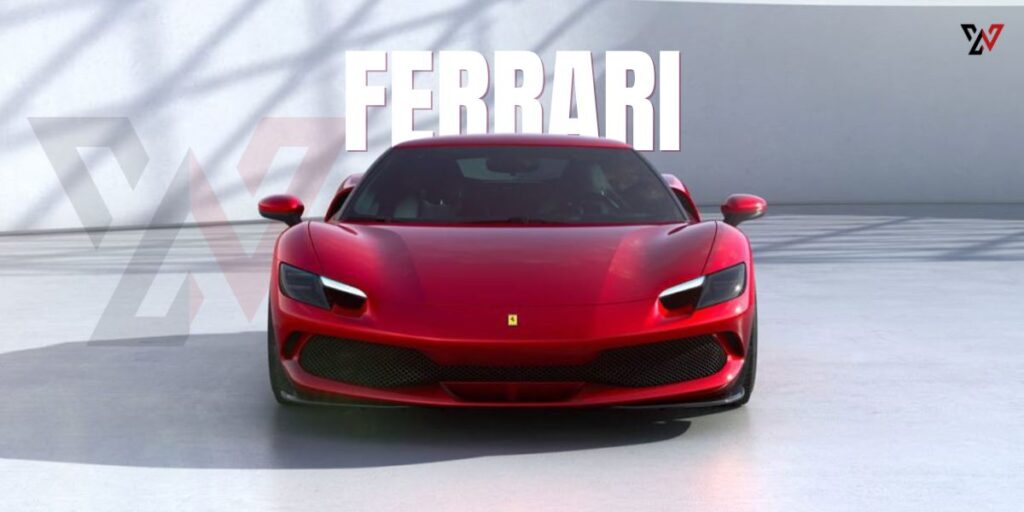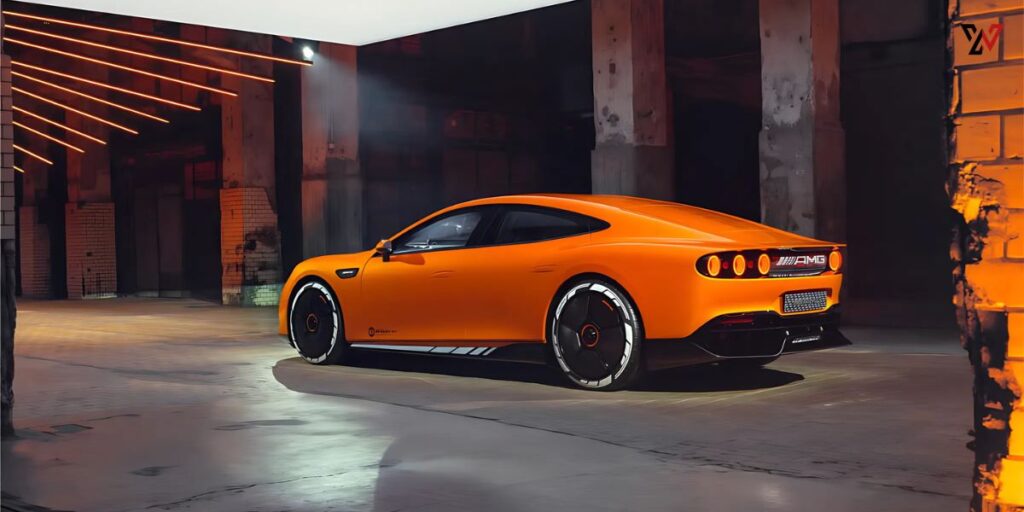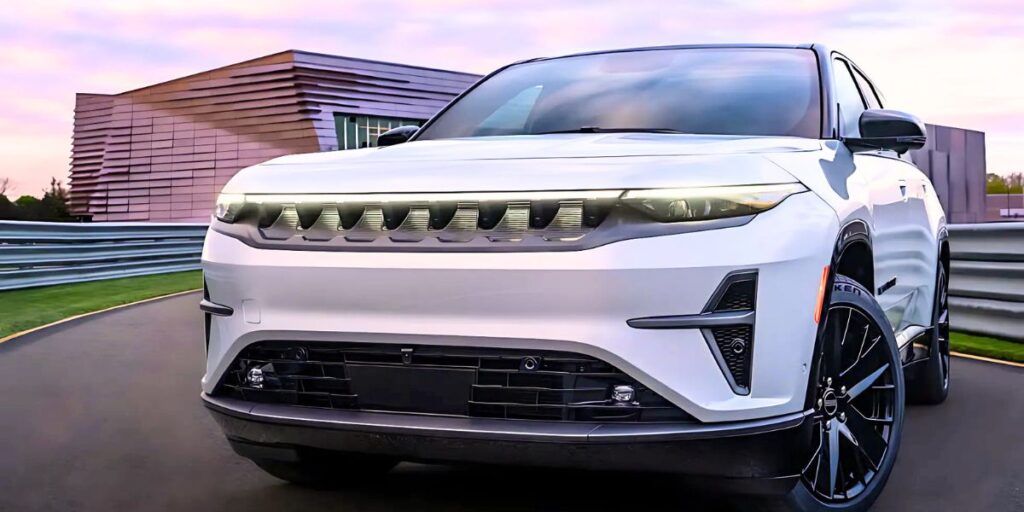
Ferrari Cuts Back Its 2030 Electric Car Goals
Ferrari has slashed its 2030 EV target from 40% to 20%, choosing a balanced mix of combustion, hybrid, and electric models while preparing to launch its first EV — the Elettrica — in 2026.
In the realm of electric vehicles (EVs), speed is no longer confined to the roads alone. With the rapid evolution of EV charging technology, the race is on to develop the fastest chargers that can power up your electric ride in record time. As the demand for efficient charging solutions grows, the question on every EV enthusiast’s mind is: Which EV charger is the fastest?
Join us as we delve into the world of EV chargers to uncover the fastest contenders, their features, and what sets them apart in the charging game.
Before we dive into the specifics of the fastest EV chargers, let’s brush up on the basics. EV charging speeds are typically measured in kilowatts (kW) and can vary significantly depending on the charger type and the capabilities of the vehicle’s onboard charger.
These are standard household outlets that provide the slowest charging speeds, typically delivering around 2-5 kW. While convenient for overnight charging, they’re not ideal for quickly replenishing your EV’s battery.
Found in residential homes, workplaces, and public charging stations, Level 2 chargers offer faster charging speeds, ranging from 3.3 kW to 19.2 kW. They’re suitable for daily charging needs but may not satisfy the need for rapid charging on long journeys.
Also known as DCFC or DC chargers, Level 3 chargers are the fastest commercially available chargers. They deliver power directly to the vehicle’s battery, bypassing the onboard charger, resulting in charging speeds ranging from 50 kW to a whopping 350 kW.
Now, let’s zoom in on the fastest EV chargers that are pushing the boundaries of charging speed and efficiency:
Tesla, a pioneer in the EV industry, has set the benchmark for fast charging with its Supercharger network. The latest iteration, Supercharger V3, boasts an impressive charging speed of up to 250 kW, allowing compatible Tesla vehicles to add up to 180 miles of range in just 15 minutes.
Electrify America, a subsidiary of Volkswagen Group, has been rapidly expanding its network of ultra-fast chargers across the United States. Their chargers, capable of delivering up to 350 kW, are compatible with a wide range of EVs, offering lightning-fast charging speeds for drivers on the go.
Ionity, a joint venture between several major automakers, is focused on establishing a pan-European network of high-power charging stations. Their chargers, with a maximum output of 350 kW, aim to make long-distance travel in EVs convenient and practical.
Porsche, renowned for its high-performance vehicles, has developed its own network of ultra-fast charging stations, known as Porsche Charging Service. These stations, with charging speeds of up to 350 kW, cater to Porsche Taycan owners and other EV drivers seeking rapid charging capabilities.
As the adoption of electric vehicles continues to soar, the demand for faster and more efficient charging solutions has never been greater. With advancements in charging technology and the proliferation of ultra-fast charging networks, EV drivers can now enjoy the convenience of rapid charging on their journeys.
So, which EV charger is the fastest? The answer may vary depending on factors such as vehicle compatibility, charging network availability, and regional infrastructure. However, one thing is certain: the race to develop the fastest EV chargers is far from over, promising even more exciting innovations on the horizon.
Whether you’re zipping down the highway in a Tesla or embarking on a cross-country adventure in a Porsche Taycan, the quest for speed meets its match in the world of EV charging. Embrace the future of mobility, where fast charging is not just a luxury but a necessity on the road to sustainable transportation.


Ferrari has slashed its 2030 EV target from 40% to 20%, choosing a balanced mix of combustion, hybrid, and electric models while preparing to launch its first EV — the Elettrica — in 2026.

Mercedes-AMG is seriously considering a two-door electric grand tourer, a move that would electrify a legendary car lineup. This potential new model would be built on the new AMG.EA platform.

Stellantis has issued a recall for 75 Dodge Charger Daytona and Jeep Wagoneer S EVs due to a roll-away risk linked to an incorrectly installed gear spring. Learn which models are affected, what owners should do, and how to check if your vehicle is part of the recall.

CarNewsWorld © 2024 | Website Managed by Infinutus